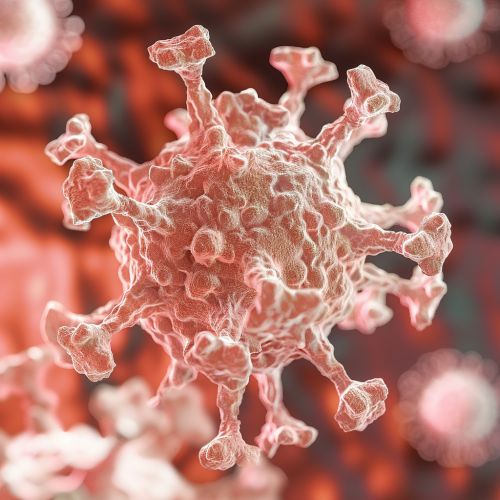B cells
Introduction
B cells, also known as B lymphocytes, are a type of white blood cell that plays a crucial role in the immune system. They are primarily responsible for humoral immunity, which involves the production of antibodies against foreign antigens. B cells are unique among immune cells in their ability to produce a diverse array of antibodies, each of which can recognize a different antigen.


Development and Maturation
B cells originate from hematopoietic stem cells in the bone marrow. Through a process known as V(D)J recombination, these cells undergo a series of genetic rearrangements to generate a diverse repertoire of B cell receptors (BCRs), each of which can recognize a different antigen. Once a B cell has successfully produced a functional BCR, it undergoes further maturation and selection processes to ensure that it does not react against self-antigens, a phenomenon known as autoimmunity.
Activation
Upon encountering an antigen, a B cell becomes activated through its BCR. This activation can be further enhanced by helper T cells, a type of T cell, through a process known as T cell-dependent activation. Once activated, the B cell proliferates and differentiates into plasma cells and memory B cells. Plasma cells are the antibody factories of the immune system, producing large amounts of antibodies that can neutralize the antigen. Memory B cells, on the other hand, provide long-term immunity by quickly responding to future encounters with the same antigen.
Function
The primary function of B cells is to produce antibodies against foreign antigens. These antibodies can neutralize the antigen directly, or they can recruit other immune cells to eliminate the antigen. B cells also play a role in presenting antigens to T cells, thereby helping to initiate the adaptive immune response.
Clinical Significance
Abnormalities in B cell function can lead to a variety of diseases. For example, autoimmune diseases can occur when B cells produce antibodies against self-antigens. On the other hand, immunodeficiencies can occur when B cells fail to produce sufficient amounts of antibodies. B cell malignancies, such as non-Hodgkin lymphoma and chronic lymphocytic leukemia, are cancers that arise from B cells.
